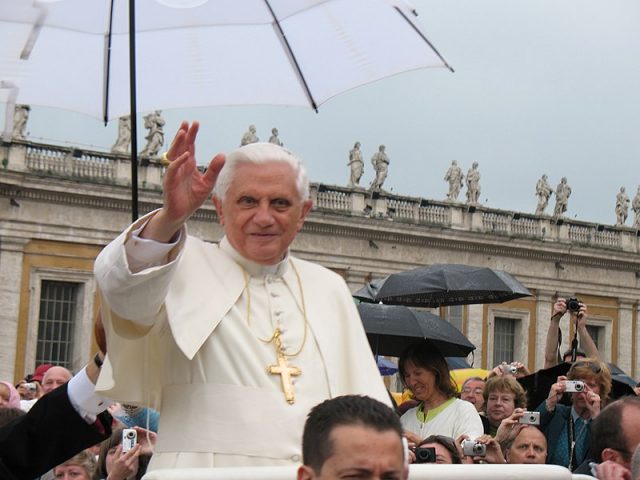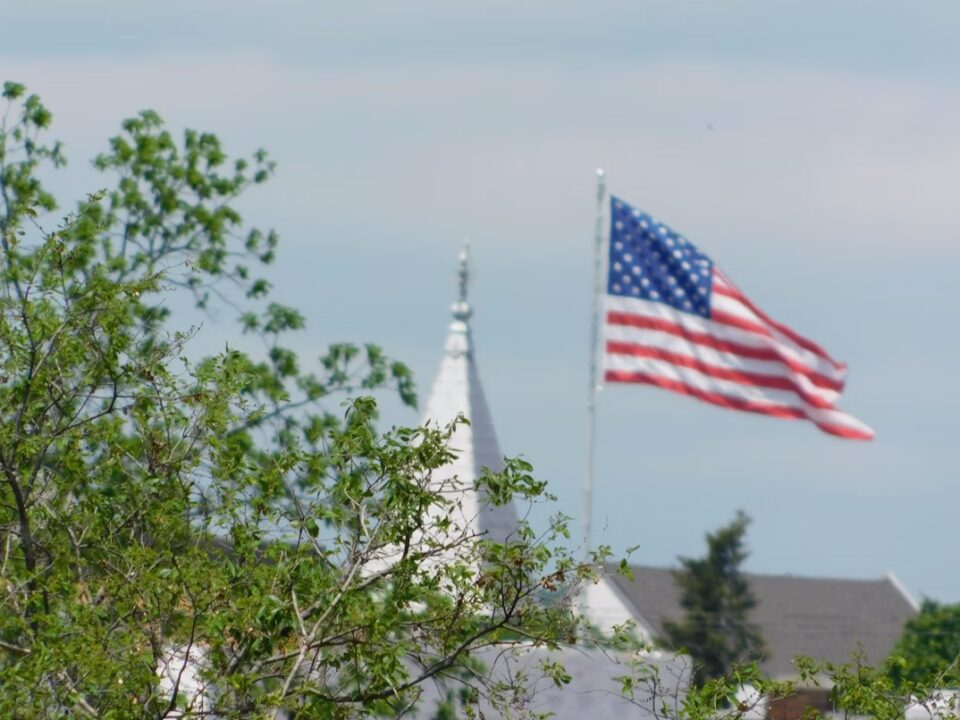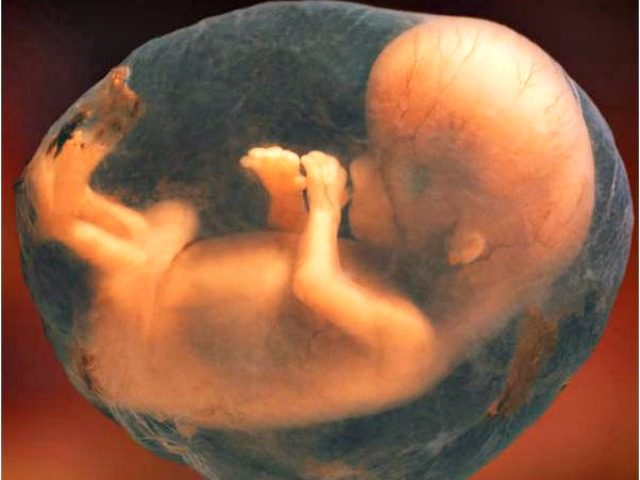Benedict XVI’s Covenantal Theology and What it Means for Ecology, Matthew J. Ramage, Ph.D.

Transgender Hermit Announcement Poses Questions About Church’s Teaching on Religious Life, by Joe Bukuras
May 25, 2024
News Coverage in the Whirlwind, or Theater of the Absurd? by Dr. Jeff Mirus
May 25, 2024
Pope Benedict XVI during general audition. May 2, 2007. Own work. Tadeusz Górny. Permission. Public domain. I, the copyright holder of this work, release this work into the public domain. This applies worldwide. This is a file from the Wikimedia Commons.
By Matthew J. Ramage, Ph.D., Catholic World Report, May 24, 2024
Matthew J. Ramage, Ph.D., is Professor of Theology at Benedictine College where he is co-director of its Center for Integral Ecology. His research and writing concentrates especially on the theology of Joseph Ratzinger/Pope Benedict XVI, the wedding of ancient and modern methods of biblical interpretation, the dialogue between faith and science, and stewardship of creation. …




